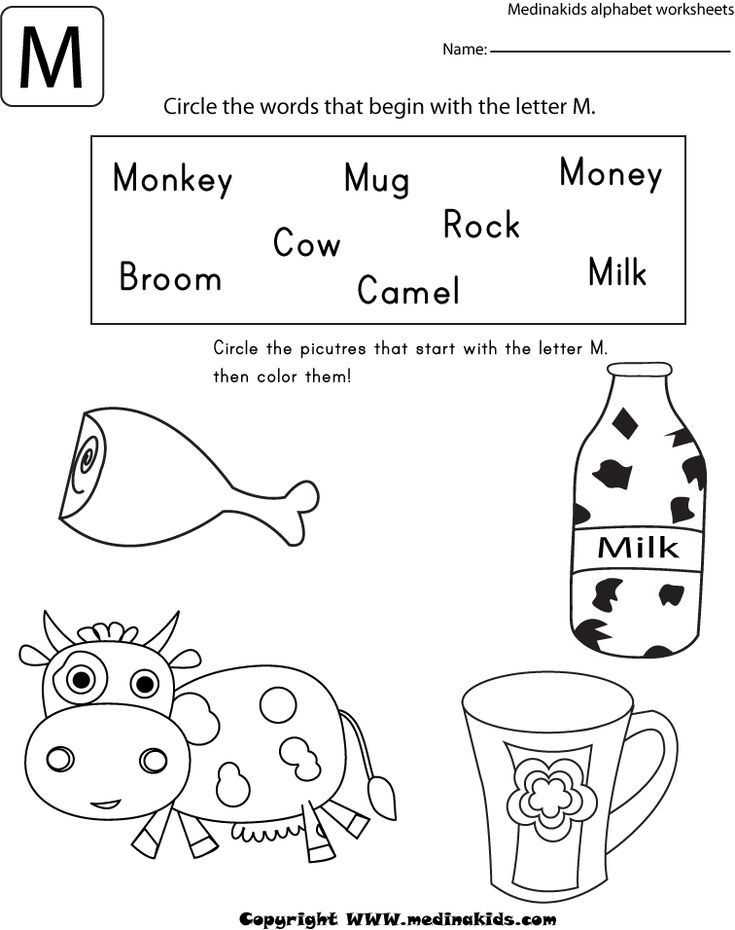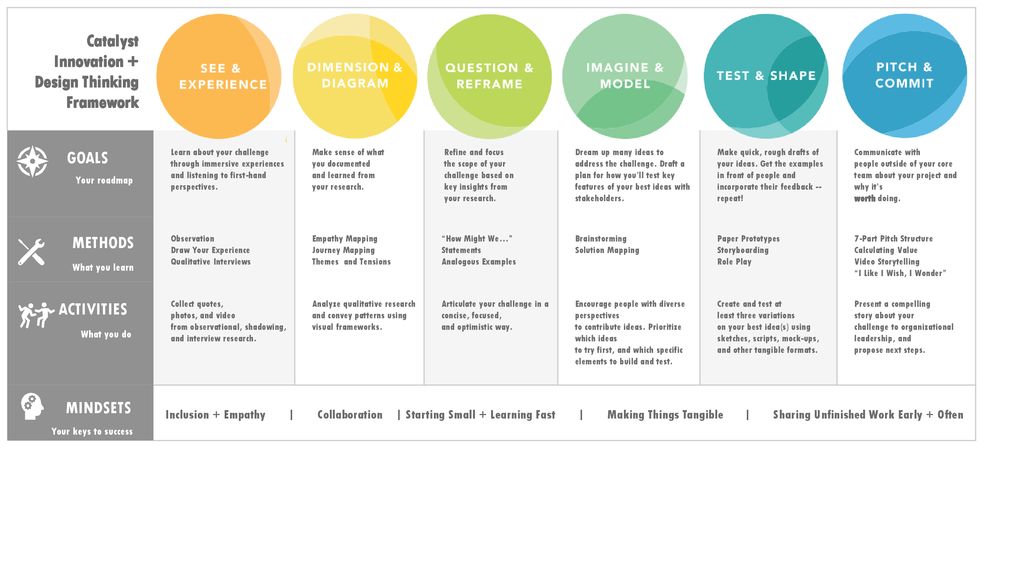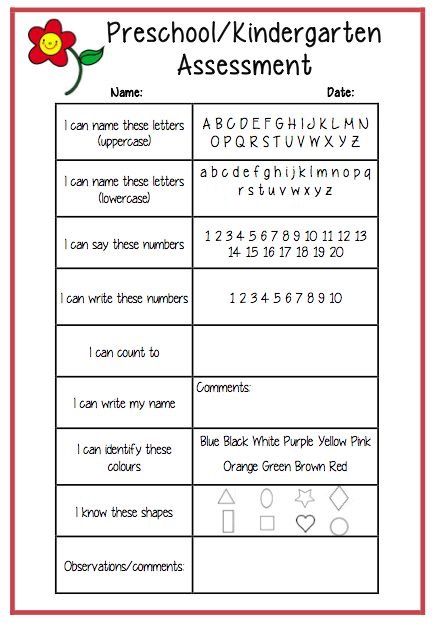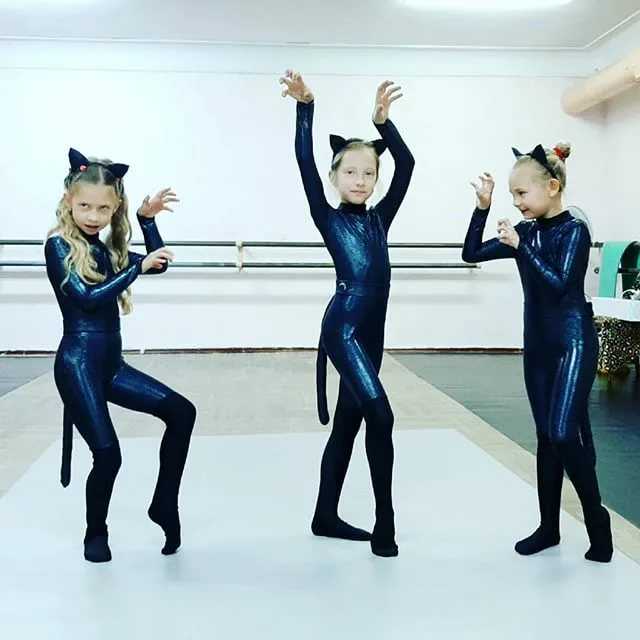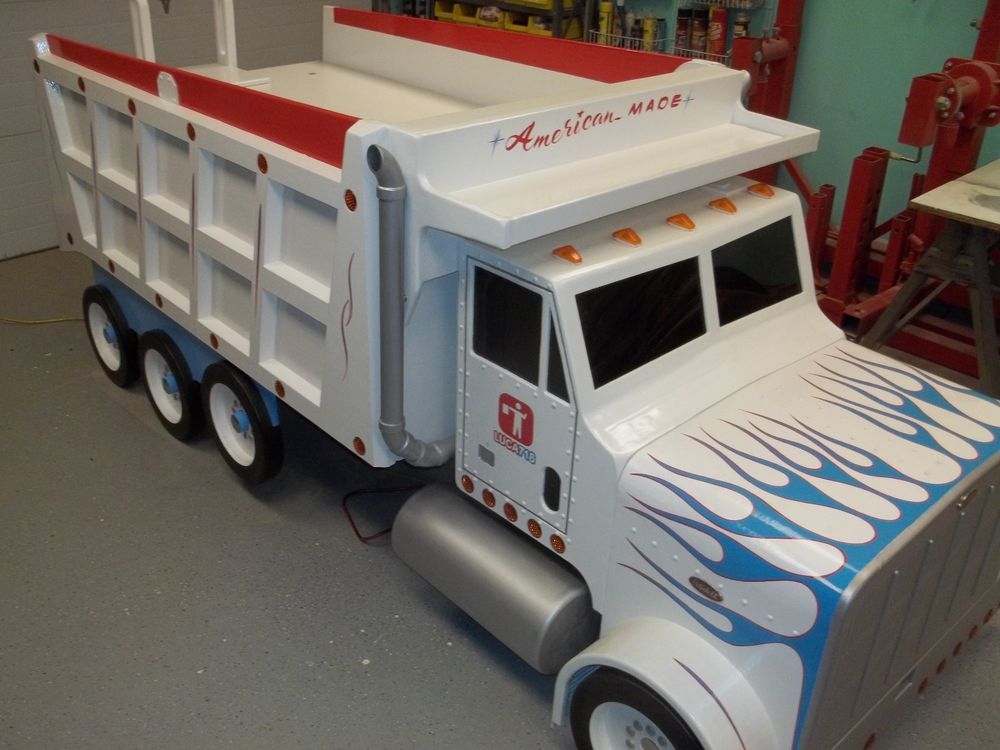3 word compound words
English Closed Triple Compound Words
What the hell does the title of this piece mean?
Let's break it down, in reverse order:
* Compound words -- I'm sure you know what a compound word is: Two or more words joined together to form a new word.
* Triple -- Now I'm just making stuff up. My idea here is that most closed English compounds are formed with a pair of words -- but there are very few instances, in English, of three joined words.
* Closed (or "solid") -- Just means that the compounded words are mashed right together (e.g., wallpaper) instead of hyphenated (e.g., single-minded) or separated by a space (e.g., dead end, which, if closed, would make the wonderful "deadend"!).
* English -- Duh. Or not so "duh"? Keep reading to learn about the relevant controversy surrounding this seemingly innocent term!
Okay--so you're with me so far? Good! I've been collecting a few closed English triple compound words that I'd like to share. Many of them can be grouped according to key "root" words. Some dictionaries will differ, but I found all of these listed somewhere. I'll also share a few good fakes and questionable entries. Let me know if you have others! (One ground rule--I am excluding scientific mumbo-jumbo, so please don't break out your chemistry books.)
"Man" Group
There are a handful of triples created by adding "man"/"men" to a pre-existing compound. I reckon you could do the same with "woman"/"women", "person", and, if you wanted to cross the line, "bot".
* backwoodsman
* crossbowman
* longshoreman
* newspaperman
* plainclothesman
"Super…man" Group
Supermen warrant their own category! (Surely there are other "super" triple plays?)
* supersalesman
* superseamen
* superstatesmen
Directions
* Eastsoutheast, etc.
"...soever"
Lots of triples are formed by placing a word in front of "soever":
* whatsoever
* whensoever
* wheresoever
* whichsoever
* whithersoever
* whomsoever
* whosoever
"…upon"
I nearly overlooked this entire family, quite forgetting that upon is "up" "on"! Actually, I suspect that this just a subset of a larger "…up…" family, but I couldn't come, er, up with anymore.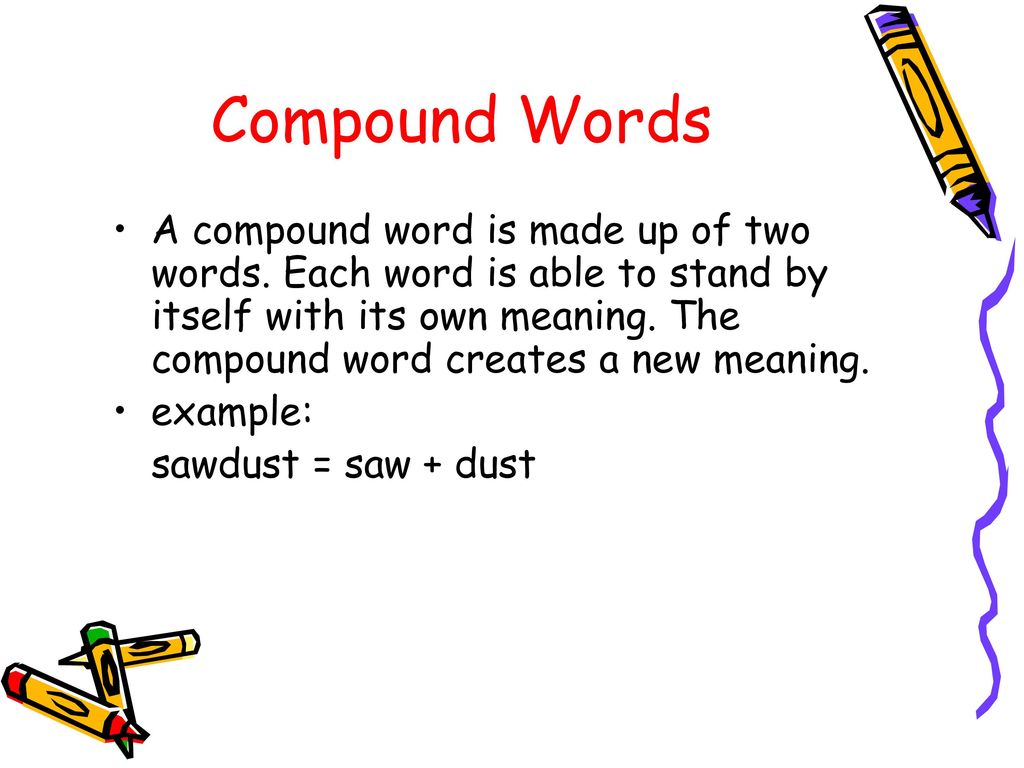
* hereupon
* whereupon
Uncategorized
Do you have any more to offer? Note that there are some mini-groups here ("here…", "inso…", "…the…"), which may help to jog your memory…
* counterclockwise
* heretofore
* hereinafter
* insofar -- perhaps the shortest of all English closed triple compound words!
* insomuch
* nevertheless -- if dig back real deep and consider "never" as a contraction ("n(ot)ever"), this is close to quadruple territory!
* nonetheless
* notwithstanding
* whatshisname, whatshername, whatshisface (debatable, I'll grant you, but these seem to be in common usage at this point)
Questions
What's your opinion on these candidates? Anymore good fakes out there?
* highwayman (and superhighway) -- On the one hand, "highway" does seem to refer to the high way (rather than the main way), but the term is so old that it actually stems from OE
heiweg via ME heyewey, both of which are compounds.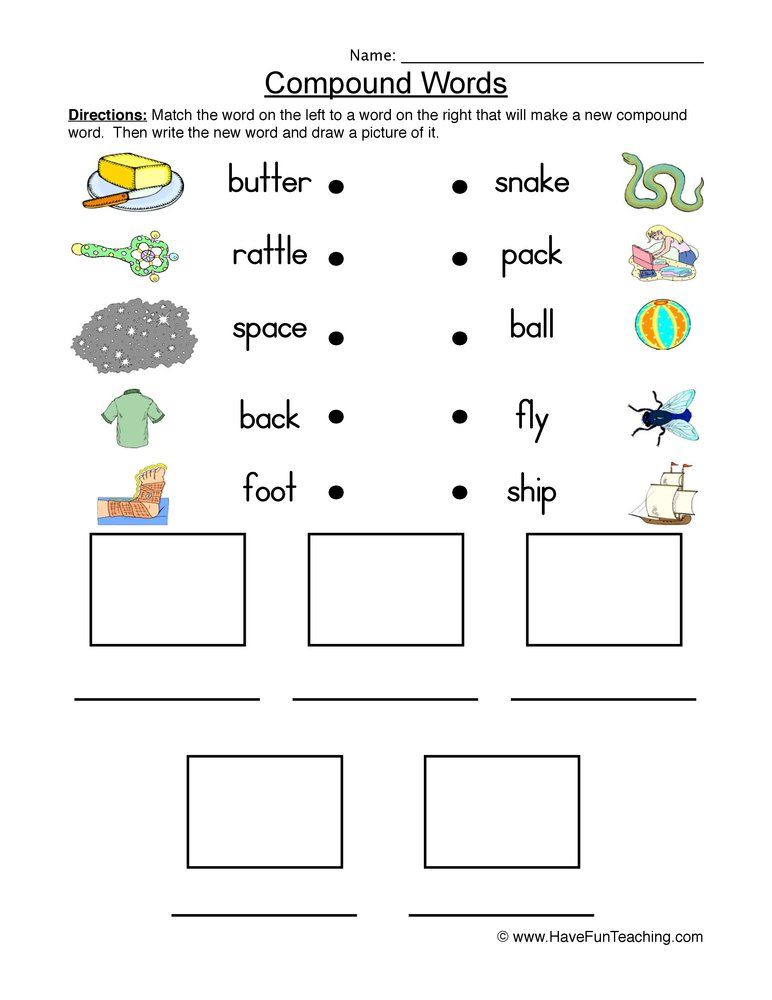 In otherwords (teehee), "highway" may not be directly formed from mashing "high" with "way", but the compound was originally formed in English (albiet Old English), and the root words both "translated" individually as the word carried forward to contemporary English.
In otherwords (teehee), "highway" may not be directly formed from mashing "high" with "way", but the compound was originally formed in English (albiet Old English), and the root words both "translated" individually as the word carried forward to contemporary English.
* nowadays -- Similar to my "highway" concern, "nowadays" stems from ME nouadaies which was a joing of nou ("now") and adaies ("during the day"). Adaies was, as best as I can tell, a contraction formed from a (short for "of"?) and daies for days. Nowadays, however, "nowadays" feels like a joining of "now", "a" (bastardized "of"), and "days".
* wherewithal and therewithal -- "Withal" is a word in its own right, but I think that it does stem from ME joining of with and al ("all").
* woebegone -- Not actually "woe" "be" "gone" :-) Instead, this stems from ME wo ("woe") joined with begon (means "beset"). Anyone want to argue that ME begon stems from an OE compound of be and go, which would make this a triple play if we count a ME/OE blend as fair game?
Fakes
My favorite category of all!
* buttonhole -- "but" "ton" "hole"
* catalog -- "cat" "a" "log"?
* champ'ion'ship
* cot'ton'mouth (& cot'ton'tail & cot'ton'wood)
* counter'at'tack
* cub'by'hole
* disc'on'tent
* do'or'knob (& …man, …mat, & …way)
* fat'her'hood
* feat'her'bed (& …weight)
* her'ring'bone
* sports'man'ship -- My favorite fake! Plenty others in this vein (e.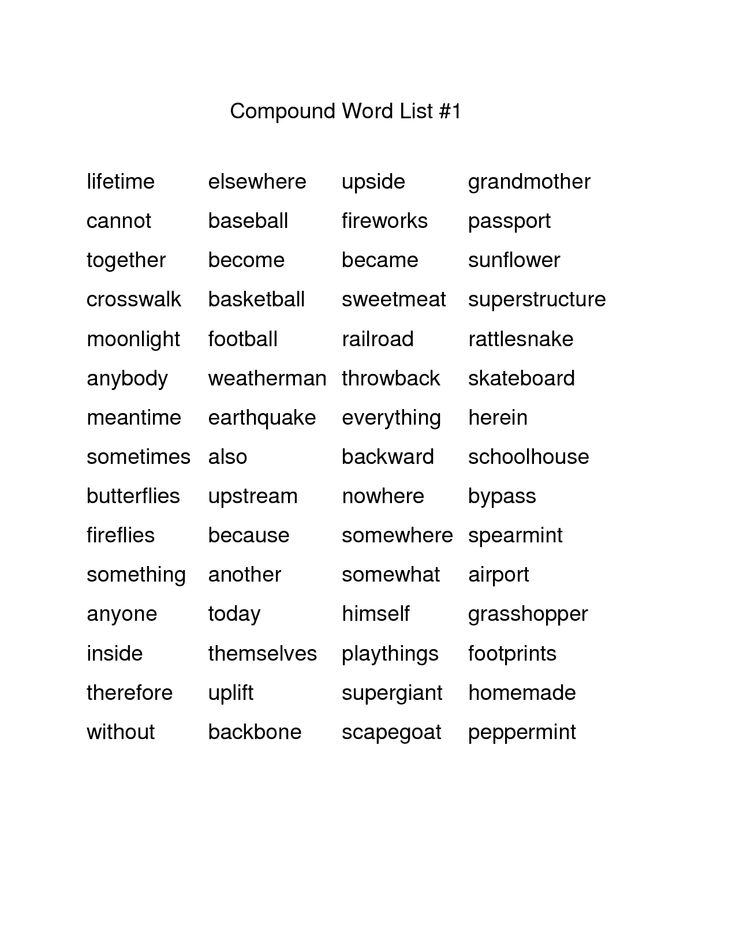 g., "gamesmanship", "horsemanship", "seamanship")… (My hat's tipped, bytheway [hahaha], to Paul's Glob for a number of these triple plays, including the wonderful "sportsmanship"!)
g., "gamesmanship", "horsemanship", "seamanship")… (My hat's tipped, bytheway [hahaha], to Paul's Glob for a number of these triple plays, including the wonderful "sportsmanship"!)
Compound compounds
My thanks to ohsuplauren for the idea of mashing compounds together. For example, moreover + overrule = moreoverrule. You can also get sillier: goldfish + fisherman = goldfisherman. Here are a few more:
* fatherhoodwinked
* loinclothespin
* dumbbellhopscotchmankindhearted
Triple word compound words may be confusing, nonetheless, they should be used more nowadays – nickclaussen.com
~ nickc324
What’s better than an ordinary compound word?
Well, I can easily think of hundreds of items, but for this column the answer is compound words that are made up of three words.
Heretofore you may not have thought much about these words, nevertheless I will explain my love for them inasmuch as possible so that whosoever reads this will also love these words forevermore.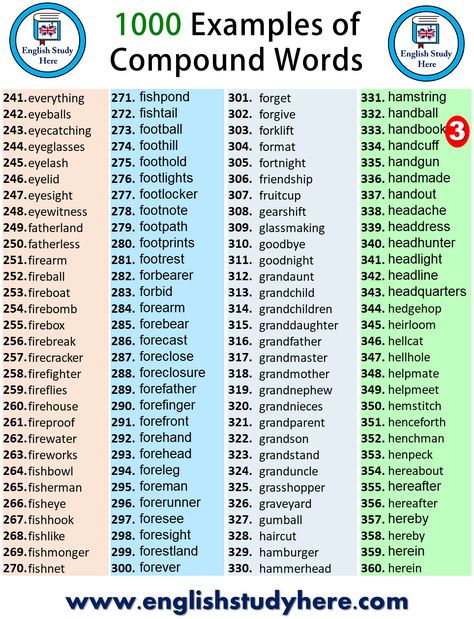
I enjoy the idea that some words are just three words smashed together for reasons I don’t completely understand, while others only pretend to be three words pushed together, which is a fun example.
Together is not a triple compound word, but it always look to me like it is because of the advice one of my elementary school teachers gave me when I was trying to learn to spell the 8-letter word. She told me to remember that the group went out together to get her, which was mind-blowing to my geeky, younger self.
Anyway, here are a few examples of triple compound words and a few of their fake friends.
Nevertheless – A great word that means “despite anything to the contrary,” but also means notwithstanding. Also, the word nevertheless evolved from the earlier word of neverthelater, which was probably created before the invention of space between words.
Nonetheless – Very similar to nevertheless, but still uniquetheless.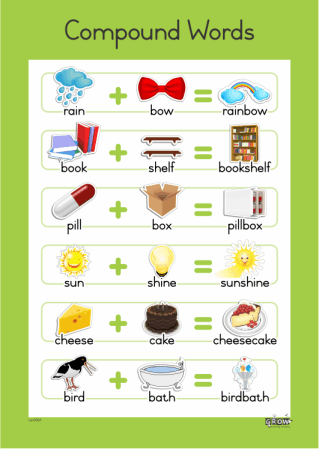
Natheless – Another older word that means the same as nevertheless.
Scatheless – While it looks like it would be a poorly spelled way of saying that something is without ska music, it actually means without harm or unscathed. I like how sneaky that word is, though.
Woebegone – I appreciate the word woebegone, which means sad or miserable in appearance, even though it seems like the woe should be gone. The “begone” portion means surrounding, and this is apparently just a sneaky double compound word and not a triple word. It seems like we should also have words like happybegone or boredombegone, and I think Hungrybegone would be a great name for a restaurant.
Albeit – This excellent word means although and originated from although it be. It is also related to several other enjoyable but lesser known triple words.
Howbeit –It also means although, howbeit it is somehow different.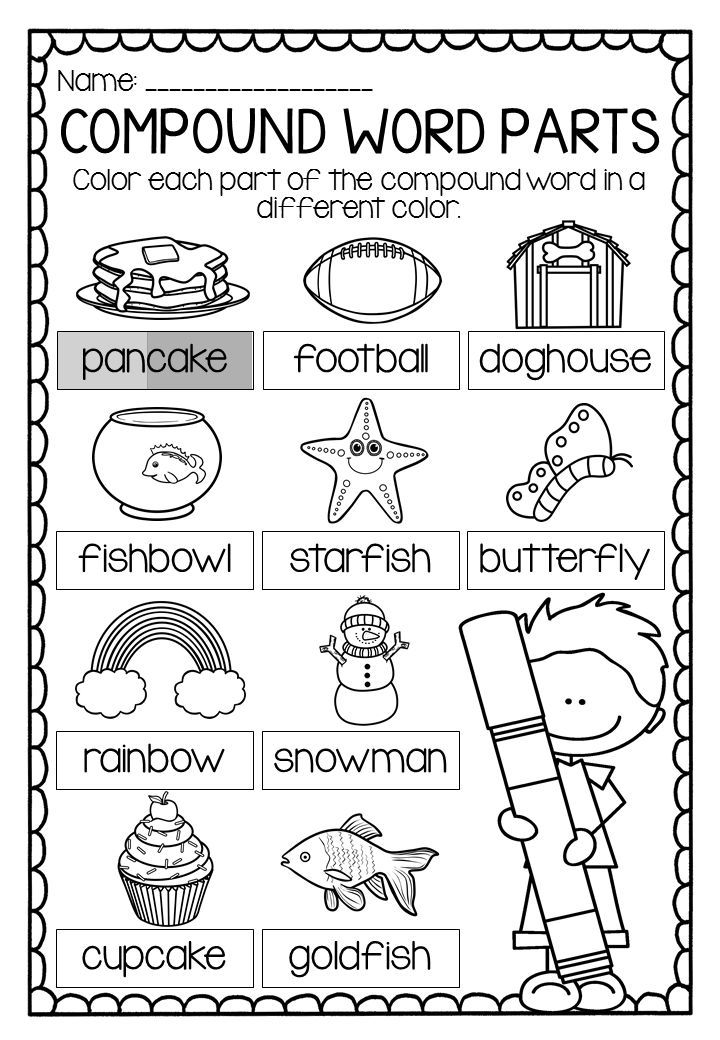
Sobeit – I didn’t know it was a word. It apparently means “as long as” and is another great triple compound to use if you are trying to shorten your word count.
Counterclockwise – I can’t decide if this is two words or three, and I honestly sometimes can’t remember which direction it is, but I am still quite fond of counterclockwise.
Inasmuch – This seems like it would be much better as three words, inasmuch as I might know about grammar.
Insofar – A word with similar meaning to inasmuch, and is inasconfusing about why it is one word and not three.
Whatsoever and its siblings – This word’s family is ever so large as it includes Wheresoever, Whosesoever, Whosoever, Whichsoever, Howsoever and even Whithersoever.
Nowadays – People don’t use this word as much nowadays.
Hereupon – I think we can all agree that I have talked about this far too long, so hereupon I will let you think up your own triple compound words.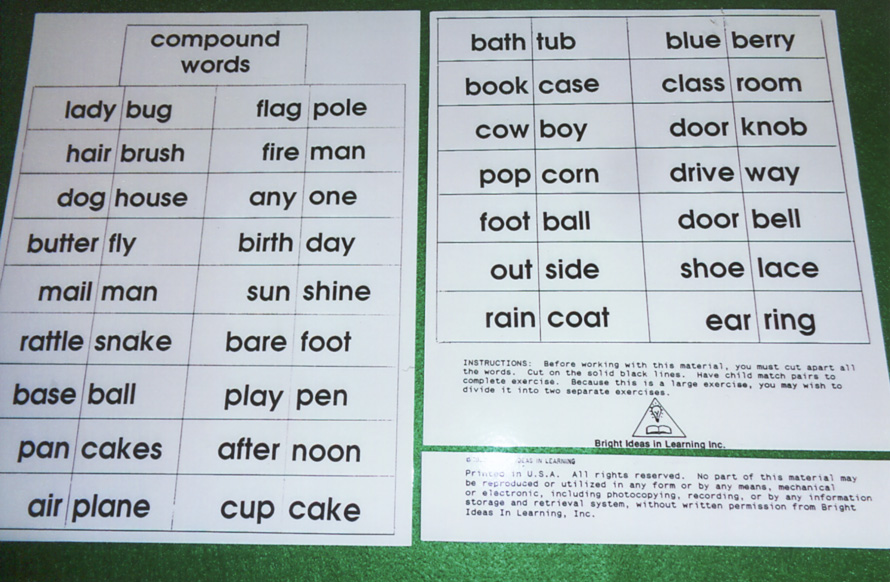 If you think up any good ones, please paste them in the comments below. Hopefully, we’ll have a smorgasbord of words. Thanks.
If you think up any good ones, please paste them in the comments below. Hopefully, we’ll have a smorgasbord of words. Thanks.
Like this:
Like Loading...
Posted in Grammar Club albeitbloggingcolumnGrammar Clubhereuponhowbeithumor columnneverthelaterneverthelessnonethelesstriple word compound wordsTriple wordswhatsoeverwoebegonewritingWords with two roots (compound words) with separating e, o. Word list.
Two or even three words can form a new word. This way of forming new words is called addition, and the words themselves are called complex. To understand where the roots are in a complex word, you must first correctly determine its meaning. For example, a steamboat is not one that sails in pairs, but a ship that sails in pairs. Or a mousetrap is not a dexterous mouse, but a mouse trap.
There are words that look like compounds, but in fact they have only one root, and it clearly emerges after finding the meaning of the word.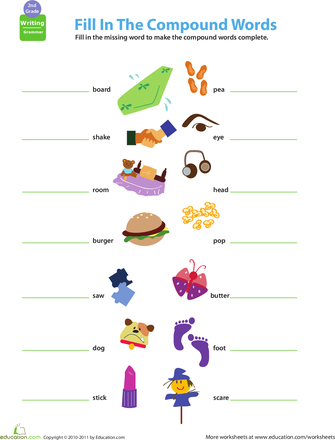 For example, yellowish is not yellow wool, but slightly yellow, the root is one (yellow), and ovate is a suffix. Or the greatest is not a great tea, but just a very great one. nine0003
For example, yellowish is not yellow wool, but slightly yellow, the root is one (yellow), and ovate is a suffix. Or the greatest is not a great tea, but just a very great one. nine0003
Let's work on defining the meaning of words with two roots
Vacuum cleaner: A machine for removing dust by sucking it in with a jet of air.
Rhinoceros: Large mammal of southern countries with one or two horns on the front of the muzzle.
Tipper: Truck with mechanical tipping body.
Scooter: At the beginning of the 20th century: the army name for a bicycle, a mechanical cart.
Scooter: Now: For children: a rolling bar with a standing handle on wheels or rollers. nine0003
Helicopter: A vertical take-off and landing heavier-than-air aircraft with a horizontal rotor “propeller”.
Airplane: An aircraft heavier than air with a power plant and a wing that generates lift.
(Interpretation taken from Ozhegov's Explanatory Dictionary)
Otherwise, a vacuum cleaner is something that sucks dust.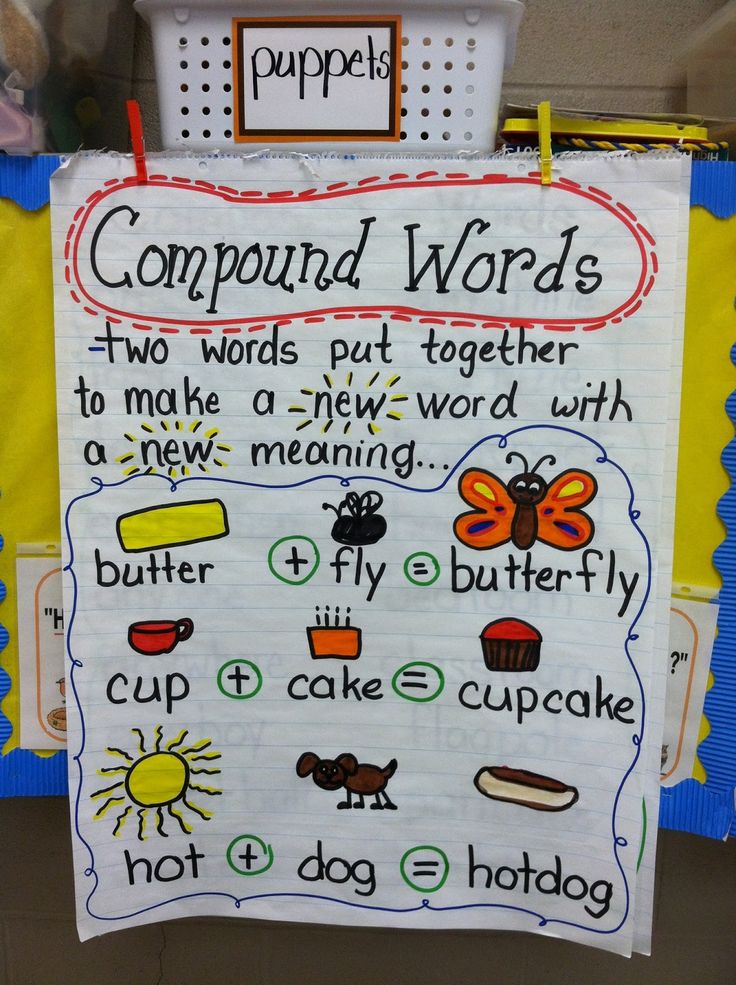 Roots ardor, sos.
Roots ardor, sos.
Rhino is an animal with a horn on its nose. Nose roots, horn.
Dump truck - a machine that dumps the load itself. The roots itself and the shaft. C in front of the second root is a prefix. nine0027 A scooter is a device that rolls itself. Roots myself, cat.
A helicopter is a vehicle that flies vertically. Roots vert, years.
An airplane is a device that flies by itself. Roots myself, fly. 0, e mousetrap, meat grinder, oil pipeline, steamboat, vacuum cleaner, machine gun, pedestrian, esophagus, bird catcher, fisherman, samovar, airplane, scooter, dump truck, steelworker, snowfall, glass cutter, diesel locomotive, camera, bread machine, electric locomotive. nine0007
Kashevar (porridge + cook)
poultry (poultry + catch)
pedestrian (walking + walk)
rain -sea (rain + measure)
vacuum cleaner (dust + absorb)
poultry farms (bird + factory)
Oil pipeline (oil + conduct)
Vegetable store (Vegetable + Store)
Travel (Way + Walk)
Menilovka
Seafer
Muddle
steelmaker
Shipwalk
Zem Surglar
machine gun
Freshly frozen
Sea of
All -terrain vehicle
Upgrading
Solstice
Examples of complex words with a connecting vowel -
samovar (boil)
Waterfall (water + fall)
Occupational (ice + stab)
tongueOved (tongue + know)
snowfall (snow + fall)
helicopter (vertical + fly)
glass cutter (glass + cut)
concreteMixer (concrete + stir)
Beasts (Beast + Catch)
Housebredor (House + Sit)
Aircraft
Camera
Auto Coach
Fisheries
LED
ElectroPille
9000
Telephoto.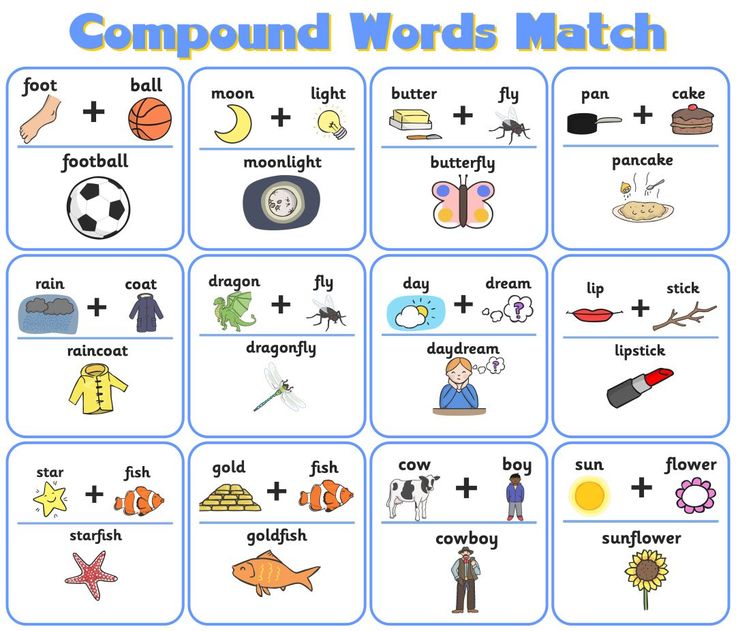
Compound words. 3rd grade
Purpose: to generalize and consolidate knowledge students about difficult words, develop the ability form new compound words with two simple words, write complex words correctly, disassemble them by composition; develop respect and good attitude to nature, to the animal world, to environment. nine0003
Equipment:
- map "Plant and fauna planets";
- pictures depicting fairy tale characters: Dunno, Pinocchio, Athanasius;
- envelopes with letters from fairy tale characters;
- a set of letters on a magnet from the alphabet;
- application "Leaf fall";
- bird pictures;
- models of edible and non-edible mushrooms; nine0140 dolls: bear, witch;
- elements for building a fabulous house;
- audio recording "Birds in the Forest";
- photocopy of a redstart bird.
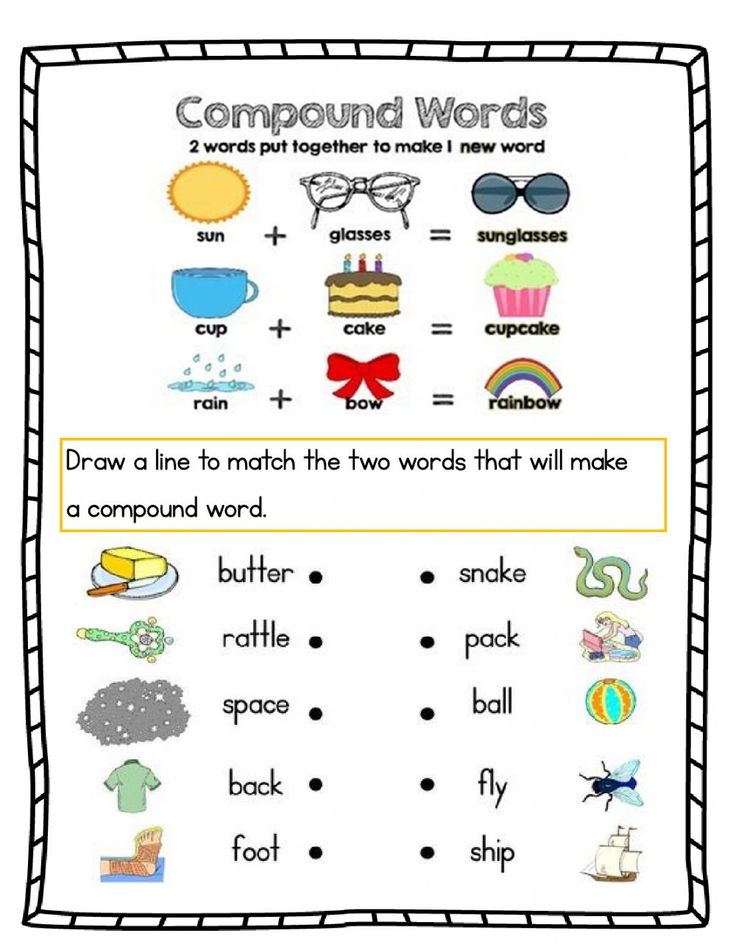
PROGRESS OF THE LESSON
Stage 1: "Message of the topic and purpose of the lesson"
- Guys, today we have a general lesson on the topic "Difficult words". We will test our knowledge in class. and learn a lot of new things.
Today we will not only be students, but also builders. Our task is to build a house in which difficult words will live. This will one of the stages in the construction of a beautiful city of knowledge. nine0027 The house must be strong, durable, beautiful, and for we will try to answer correctly questions, be active, attentive.
- And what other positive character traits do we can we show it in class?
(Working with Card No. 1 . Guys choose the right words from the group of words and call them them)
- Hardworking
- Selfish
- Weak-willed nine0140 Compassionate
- Freedom-loving
- Merciful
- Good-natured
- Noble
- Generous
- Life-loving
- Cheerful
- Benevolent
- Indifferent
- Guys, how can you call all these words?
Teacher.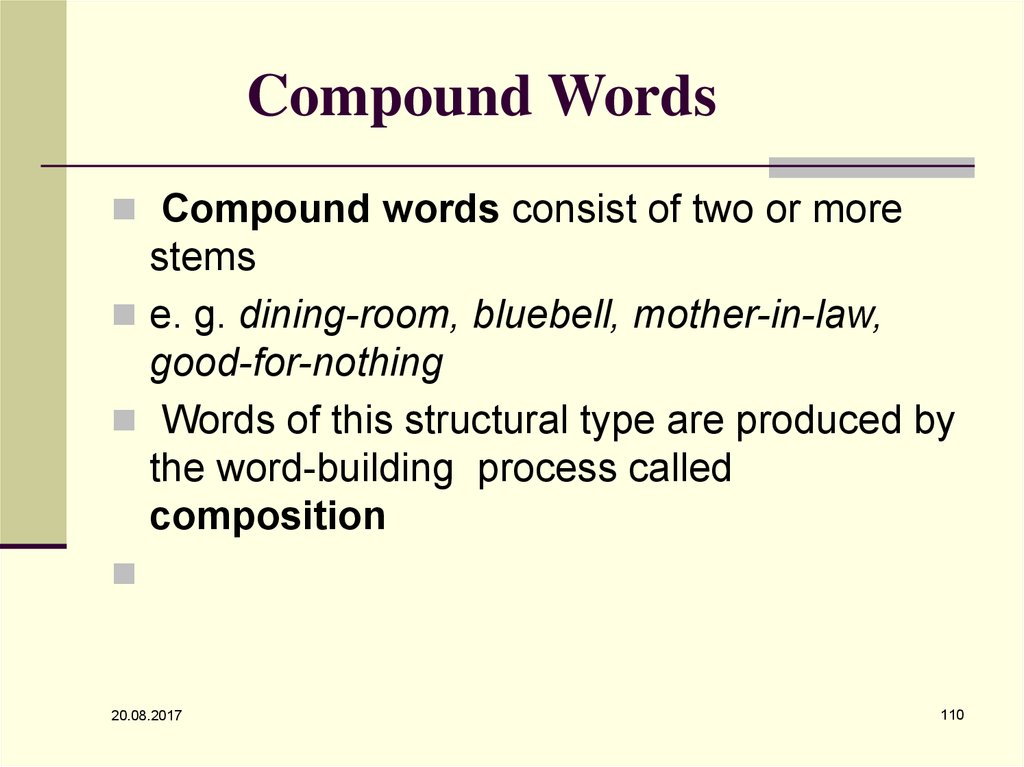 Compound words.
Compound words.
- Guys, all these positive character traits you must show not only in the classroom, but also in life try to be the same. nine0003
- Guys, please tell me what kind of material used in construction?
Teacher. You can build from wood, brick, clay, straw, etc.
– Well done, right!!!
- But this material is for our construction won't fit. Let's think about what can serve as building blocks for our at home in the Russian language lesson.
Teacher. We will build a house from complex words, since the topic of our lesson is "Complex words".
- Guys, do you know where it starts home construction?
Teacher. Foundation laying.
- Yes, this is the most basic stage of work, since from laying the foundation depends on how long it will last house, whether it will give cracks and whether it will be durable. Do the foundation is made of durable material, since is basis of the house .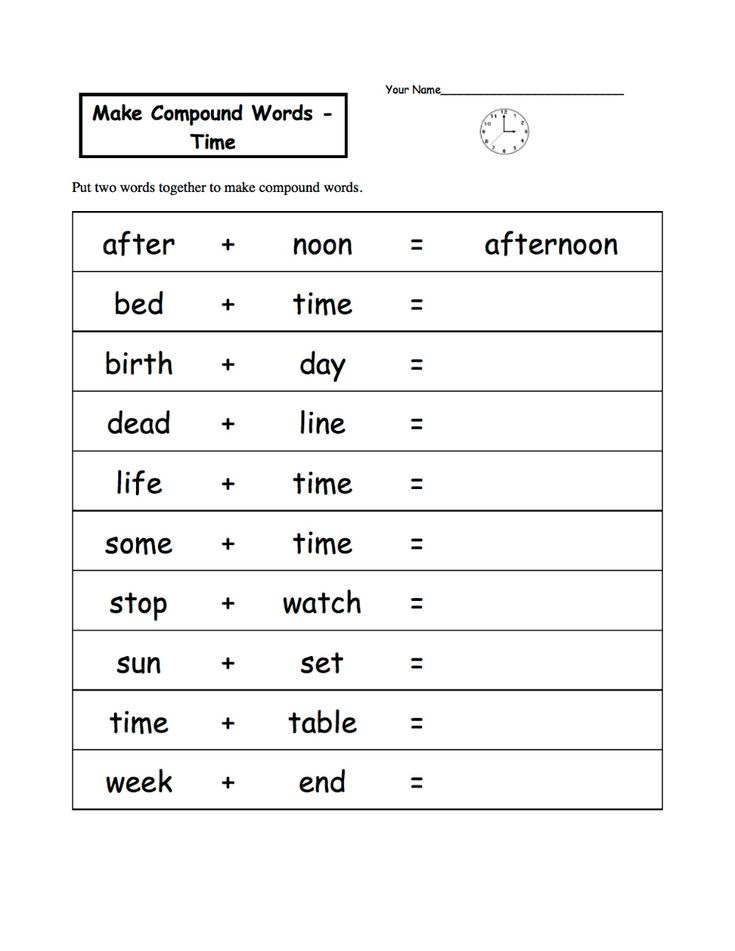
– And what is the basis of sound knowledge?
Teacher. Need to know the rules writing words and the ability to use them in the work. nine0003
- What do you think we should build the foundation of our house so that it is strong?
Teacher. The rule is the basis of knowledge! So the basis of our house is the rule!
- To build the foundation of our house let's follow the rule:
- What words are called compound?
Stage 2: "Formulation of a problematic issue and his decision”
– I really want to answer this question fairy tale characters who are present today in our lesson. Did you recognize them? Dunno, Pinocchio, Athanasius. nine0003
Dunno is the hero of N. Nosov's works.
Pinocchio - the hero of the works of A. Tolstoy.
Athanasius (brownie) - the hero of our textbook Russian language.
- Let's read the letters of fairy tale characters and Let's decide which of them gave the correct answer.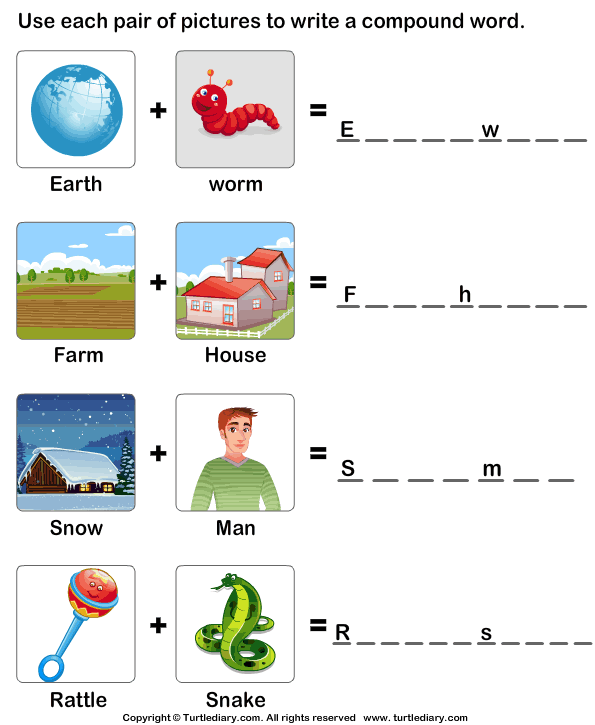
(On the board are pictures of three heroes who hold in their hands envelopes with answers to question “What words are called compound words? )
Contents of envelopes.
Dunno “All incomprehensible words are called complicated."
Pinocchio “All long words are complex words".
Athanasius “Words with two roots, compound words are called. (Three come out to the board student, take envelopes, open them, read answers, do their job, give the right one answer).
Teacher. I disagree with Dunno that incomprehensible words are complex words, because Compound words are words that consist of two roots. nine0003
– Do you guys agree with the answer? (Communication reverse by students: hand signal)
Teacher. I do not agree with the answer Pinocchio that long words are complex words, because compound words are called words that are made up of two roots.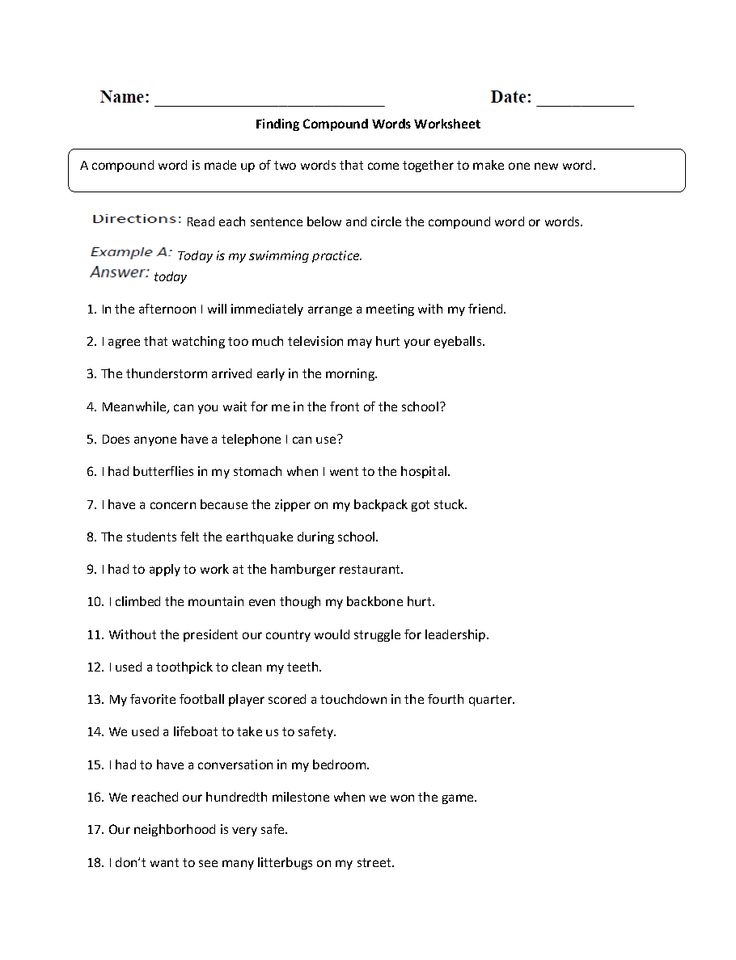
- Guys, do you agree with the answer? (Reverse communication with students)
Teacher. I agree with the answer Athanasius, because Compound words are words which have two roots. nine0003
– Do you guys agree with the answer?
(Student feedback)
- Guys, what do you think, why is it correct Only Athanasius could give an answer?
Teacher. I think it's right Only Athanasius could answer, because he studies with us in the 3rd grade and has already met topic "Complex words".
Output: answers the student who prepared homework.
To know the rules
We must not be lazy,
And work hard.
Don't be lazy,
And to be hardworking ... (say a word, OK)
(Oral analysis of the word industrious , value - first mark for the answer !)
- Laying the foundation on the board!
- Guys, let's repeat in chorus again rule of thumb for compound words. nine0003
nine0003
Teacher. Compound words are called words that consist of 2 roots.
– Guys, is it always enough condition for the formation of compound words two roots?
Teacher. I believe that for education complex words are not always enough to take roots of two words.
- Let's prove the correctness with an example this answer. Look, on the board we see the work of our students, completed in the classroom labor. Please tell me which season phenomenon we observe on these applications? nine0003
Teacher. Applications show seasonal phenomenon - leaf fall.
(On the dock next to the applications are the letters scattered)
Let's analyze the word - LEAF FALL
Teacher. Applications show leaves that fall.
1. We take two to form a compound word words - leaves are falling
2. From the first word we take the root - sheet
3.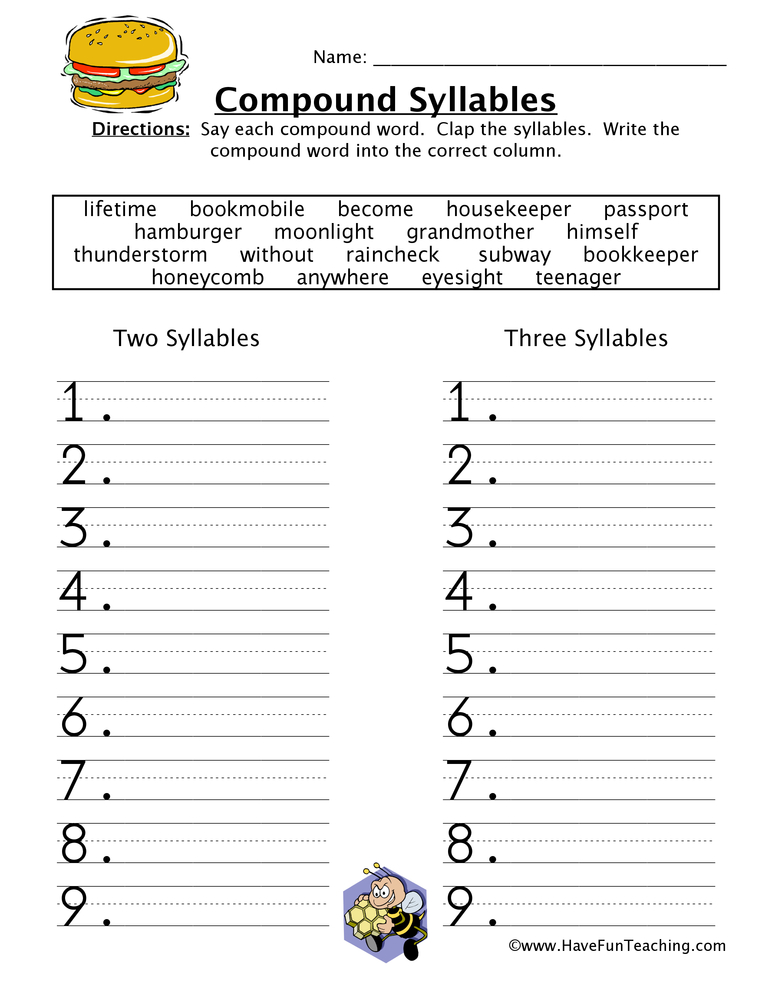 From the second word we take the root - pad
From the second word we take the root - pad
4. Connect leaf + pad = leaf fall
5. To get the correct compound word, you need to connect the two roots of the vowel letter "O" - leaf fall
Conclusion: So, for education a compound word needs two roots and connecting vowel. (Mark for answer)
Building a house: falling leaves - 1 word
Notebook entry:
Falling leaves - sound-letter analysis orally. nine0003
- Guys, what other connecting vowels can be in a compound word?
Teacher. Connecting vowel e . For example: rockfall .
Notebook entry: rockfall - sound-letter analysis orally.
Building a house: rockfall
- When we write the connecting vowels "O", "E"?
Teacher. Connecting vowel "O" written after hard consonants. For example: starfall , moon rover.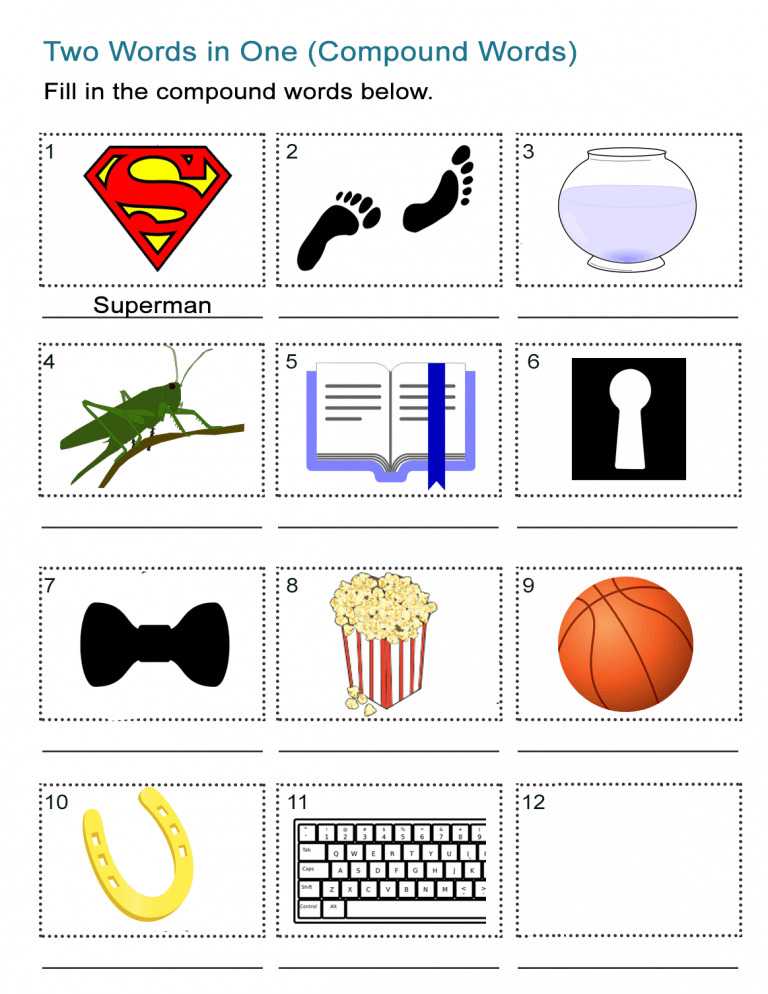
Building a house: starfall
The connecting vowel "E" is written after soft consonants. For example: sailor .
Building a house: sailor
– Who else can complete the answer?
Building a house: pedestrian , couch potatoes .
Teacher. After "Ж" and "Ш" is written "e". For example: pedestrian , couch potato .
Physical Minute “Sitting at a Desk”
1. Sit upright
1-2 take your head back, forward, left, right - twice
2. Hands on the belt, turns left, right - three each times
3. Hands behind the head, turns - three times.
Stage 3: "Vocabulary work"
- Well done guys, we repeated the rule with you writing complex words, now let's turn to our main assistant GLOSSARY in the textbook and see what words it is for us cooked today.
Work on options
Find the word according to the scheme and write down:
1 option: Option 2:
four 6 10 2 4 7
Word by letter "P" "C"
(The number indicates the letter - spelling)
- Guys, what words should you have found in dictionary?
Teacher.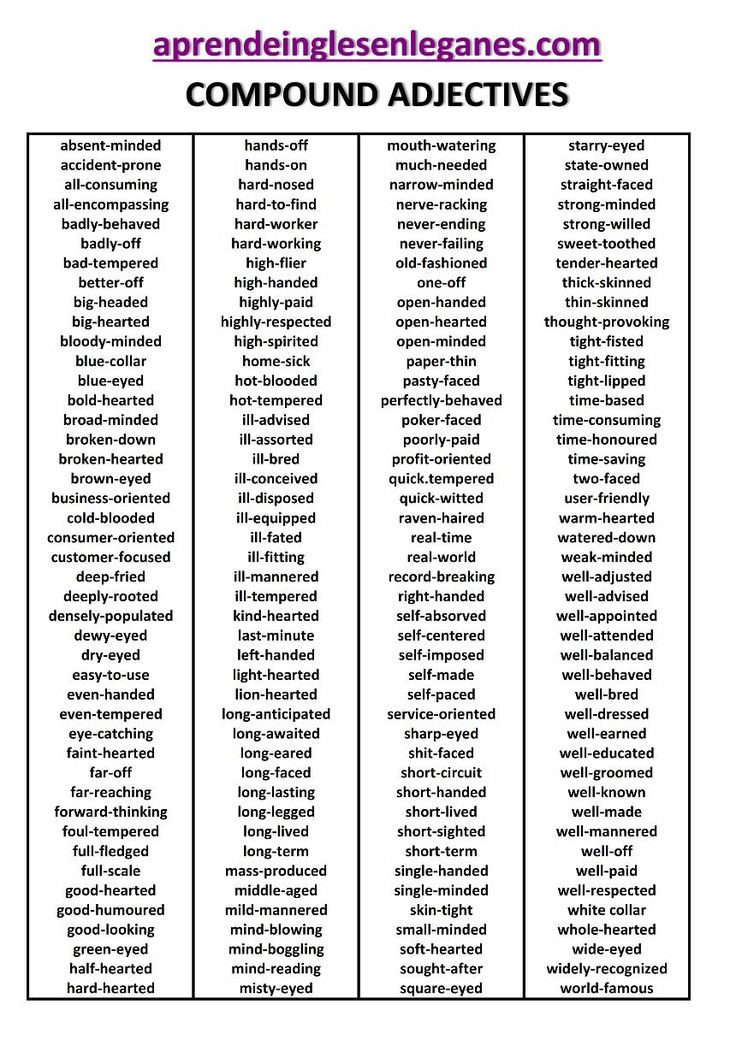 We had to find and write difficult words.
We had to find and write difficult words.
– Why are these words difficult?
Teacher. The diagrams showed us that the words consist of two roots.
– What compound word did the guys write 1 option?
Teacher. Guide
– Why did you choose this word? nine0003
Teacher. Two roots connected vowel "E" \u003d according to the scheme
Building a house: guide
- Explain the meaning of this word? What guide?
Teacher. Guide - reference a book that contains information about a city or museums. For example: Guide to Moscow.
- What are the spellings 4, 6, 10
Teacher. The stress falls on the vowel "and" in the 4th syllable. nine0003
№4 - connecting vowel "e" (after soft consonant)
No. 6 - unstressed vowel "o" in the second root, test word (drives)
No. 10 - unstressed vowel "e" in the fifth syllable, not check shock
- We read the whole class spelling, orthoepically.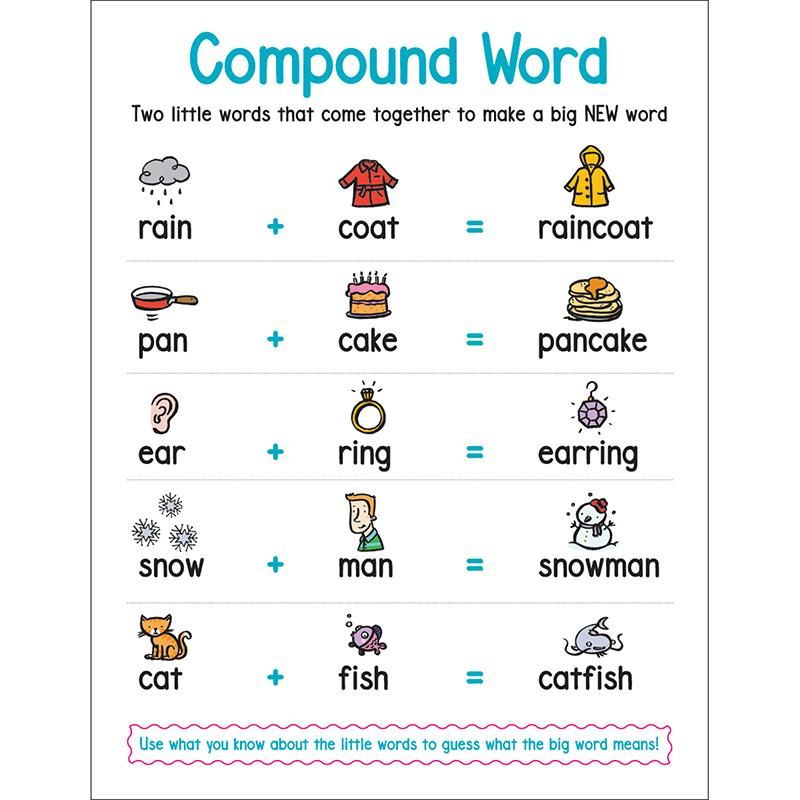
- What word did the guys write down in the 2nd option?
Teacher. Gardener
– Why did you write down this word?
Teacher. Two roots connected by "o", matches the diagram. nine0003
Building a house: gardener
– Can you explain the meaning of this word?
Teacher. Gardener - specialist in gardening. For example: Famous gardener.
- What are the spellings 2, 4, 7. (One mark in the journal for the answer)
Teacher. The stress falls on the vowel "o" in the 3rd syllable
№2 - unstressed vowel, checked by stress (garden)
No. 4 - connecting vowel "o", after a hard consonant. nine0027 No. 7 - double consonant at the end of the word, test word (gardeners)
- We read the whole class spelling, orthoepic
- Guys, write down two words in a notebook, highlight spelling.
(Writing at the blackboard by two students with analysis words.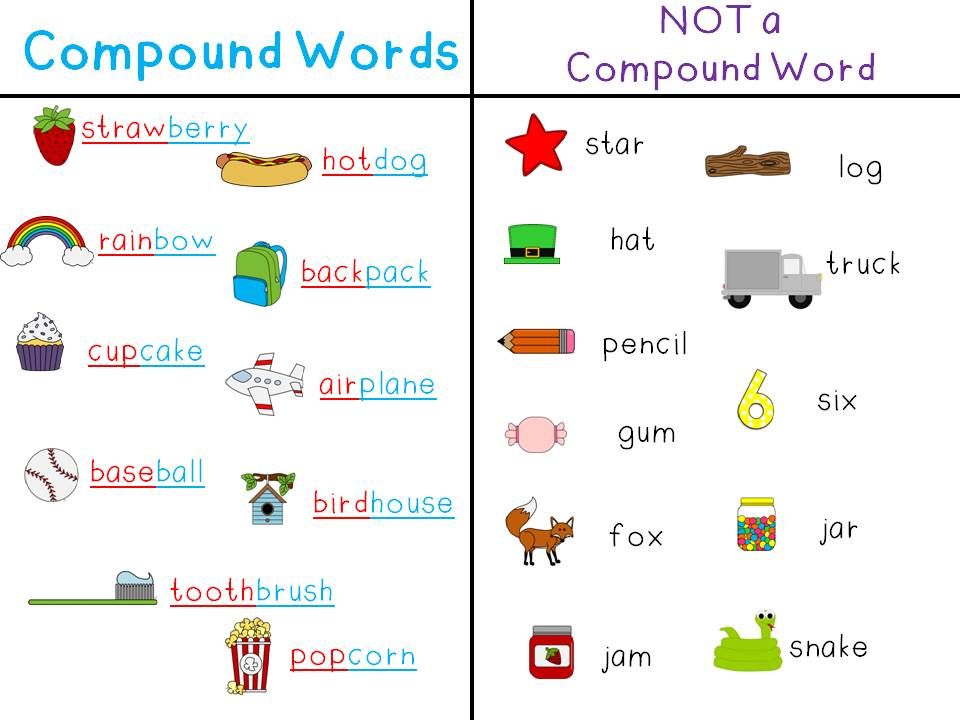 Two marks in the journal for the answer)
Two marks in the journal for the answer)
Physical Minute
We will all stand together now
We will rest on a halt
Turn right, turn left! nine0027 Hands up, hands to the side
And on the spot jump and jump!
And now we're running hopping
Well done, you guys!
Stage 4: "Exercise in education and the use of complex words "
- Guys, in the lessons of natural history we are with you said that biologists share everything living in large groups.
– Who remembers what they are called?
Teacher. These groups are called - kingdoms. nine0003
– Fabulous word!
- What kingdoms do you know?
Teacher. Plant kingdom, animal kingdom, mushrooms.
– Look at the contents of this basket and tell about the living organisms of which kingdom we are shall we talk?
Teacher.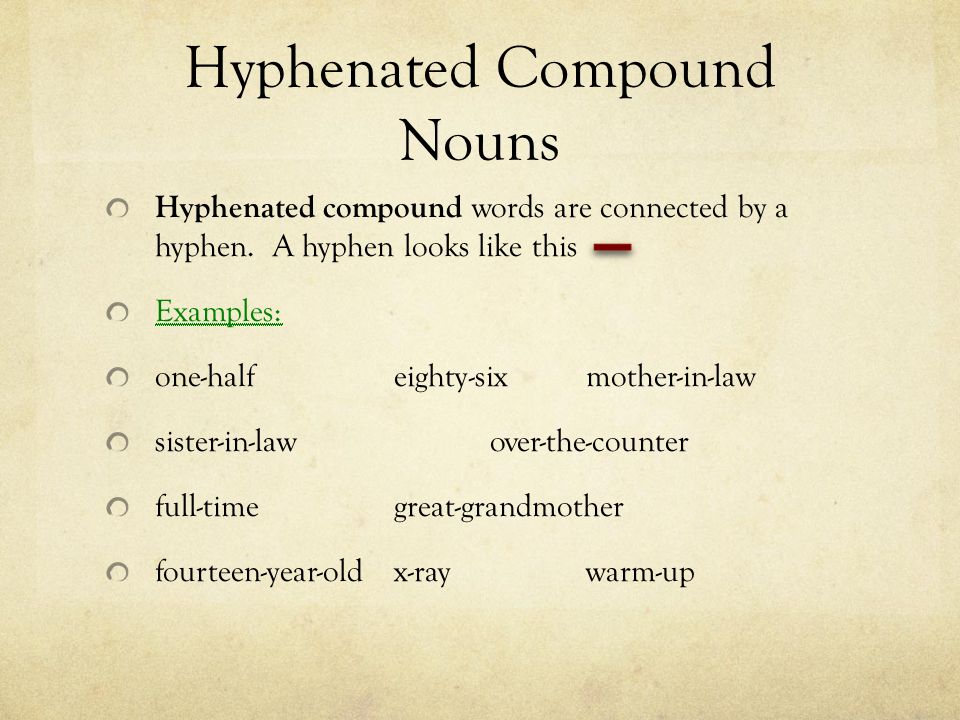 Mushroom Kingdom
Mushroom Kingdom
- Name mushrooms that can be eaten raw.
Teacher. Russula
(Student makes a report about Russula, prepared at home)
Some russulas are really fashionable to eat raw. But in the forest a variety of russula, with pink, yellow, gray hats and find among they are those that can be eaten raw, very hard. And therefore it is better not to try raw russula, so that there is no trouble.
(mark for answer)
- Name a fungus that can fight flies.
Teacher. Fly agaric
(Student makes a report about fly agaric, prepared at home)
Fly agaric is an inedible mushroom. But we must treat nature properly and remember that there is nothing superfluous in nature. And if we have this the mushroom is not needed, then you don’t need to knock it down with your feet, stomp, because it is useful for animals for treatment.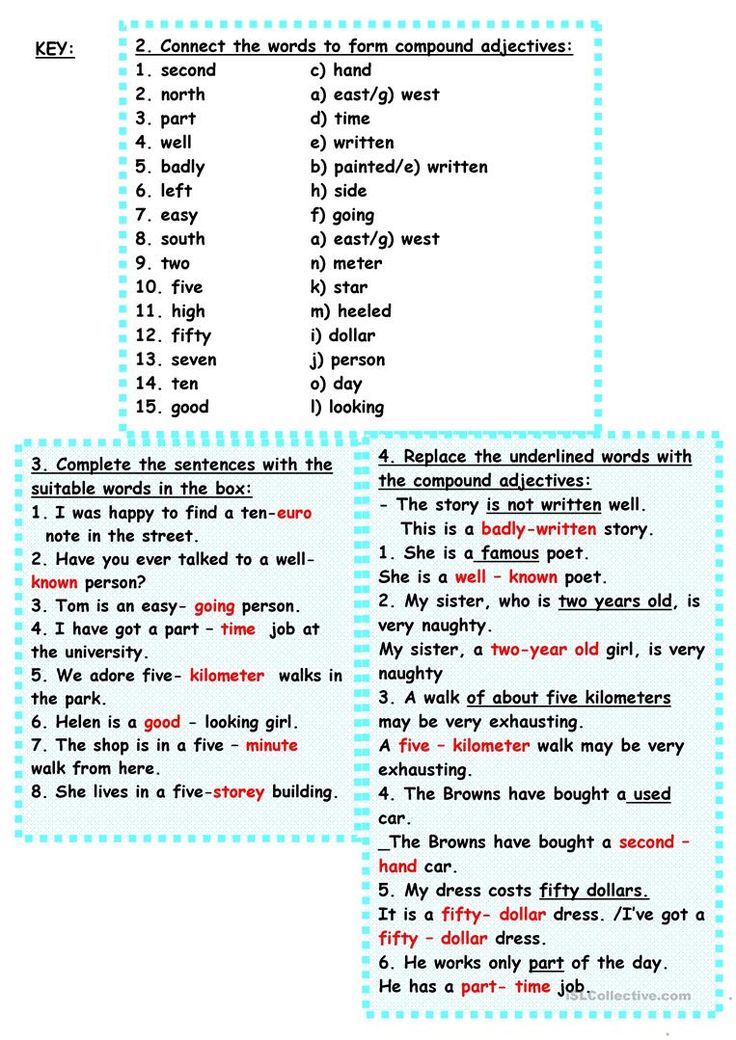 Let's take care of nature.
Let's take care of nature.
(Mark for the answer)
- Let's finish the excursion to the kingdom of mushrooms and back to the Russian language lesson. What we can say about the word - russula .
Teacher. Compound word, consists of them two roots connected "o",
1 root - cheese - (raw)
2 root - hedgehog -/- units - (alternation w , d , food )
(Mark for answer)
Building a house: russula
- Which group does russula belong to?
Teacher. Edible mushrooms
– Which group of mushrooms does fly agaric belong to?
Teacher. Inedible mushrooms.
- What shall we say about the word - fly agaric ? How is it formed?
Teacher. Compound word, consists of two roots connected "o",
1 root - flies - (fly)
2 root - mor - (stain)
(Mark for the answer)
Building a house: fly agaric
Work in a notebook:
Think up and write down word combinations with data words, highlight the spelling, name the rule.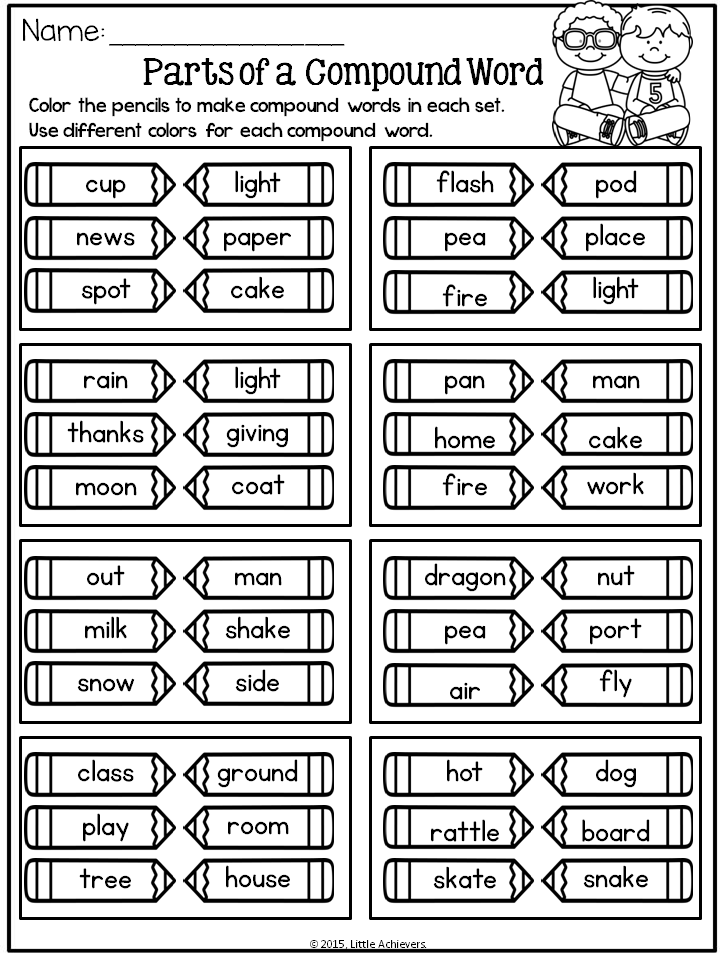
- Edible Russula
- Poison fly agaric
(Two marks for the answer at the blackboard)
- Guys, let's look at card number 1 and choose words that show how we should treats nature as we should be in relation to her.
Teacher.
Merciful
Good-natured
Benevolent
generous
Compassionate
– And what should we not be?
Teacher.
- Guys, let's respect and love nature? it our home is our world. And we live in it.
(Orally compose sentences about nature, about relation to nature, choose and write down one offer with comments)
- Guys, treat nature kindly!
(Analysis of a compound word. Mark for the answer)
Work in a notebook:
description, we will conduct in pairs. Take the cards we start to work.
Card No.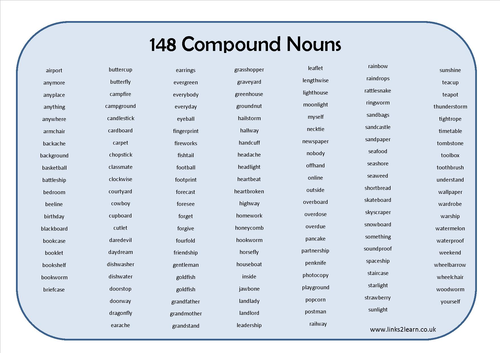 2
2
1st Option:
1. An apparatus that itself flies through the air (aircraft)
2. Apparatus that sucks dust (vacuum cleaner)
3. Ship that breaks ice (icebreaker)
2nd Option:
1. Apparatus that turns meat into minced meat (meat grinder)
2. An apparatus that can go everywhere (all-terrain vehicle)
3. A stream of water that falls from a great height (waterfall)
Reference:
- One student discusses - the second student writes
- Second student dictates - one student writes down
- We select the root, the connecting vowel
- Change exercise books
- Verification
- Let's all check together what we have happened? (Two marks in the journal)
1. The student of the first option reads the assignment, the children answer in chorus, then the student analyzes these words.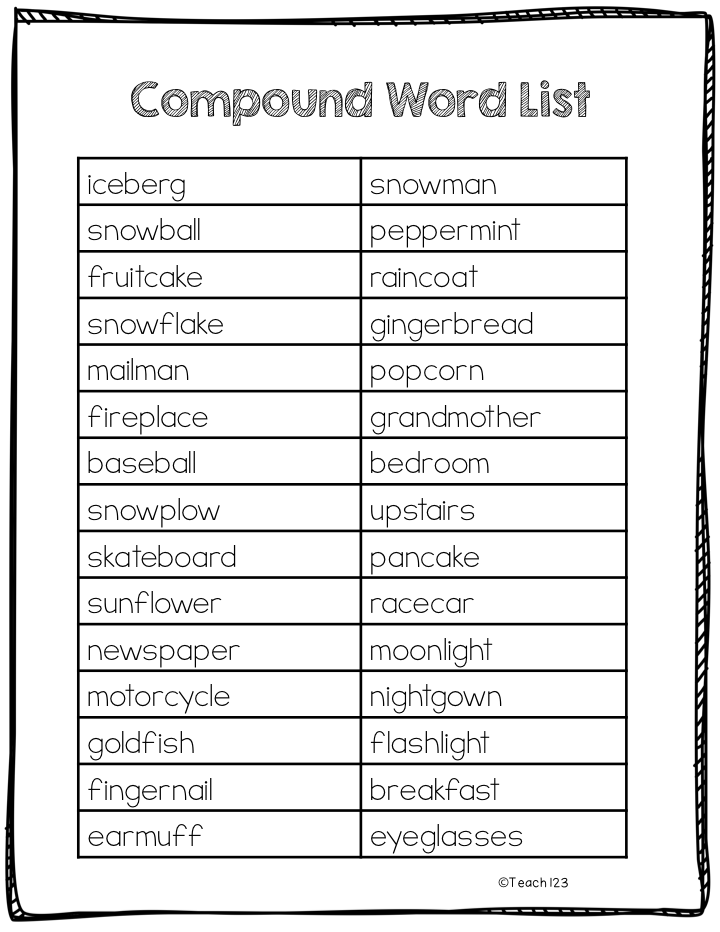
2. The student of the second option reads the task, children they answer in chorus, the student parses these words. nine0024
Building a house: all-terrain vehicle
– What do all these words have in common?
Teacher. These are complex words.
– What words are called compound?
Teacher. Rule
Physical Minute
- See through your fingers
- Amazing look
- Guys, let's remember, with representatives what kingdom did we meet during our travel on a world map? nine0003
Teacher. It was presented animal kingdoms - birds
- What kind of birds did we meet?
Teacher. We met those birds whose names are complex word.
- On the map, we marked the habitats of the data birds.
– Who remembers these birds and where do they live?
(Children say the name of the bird and its place habitat)
BIRDS
| Kitoglav | – Africa |
| Hornbill | – Asia |
| Bicorn kalao | – Asia |
| Monkey Eater | – Asia |
| Honey pump | – Australia |
| Shrub big | – Australia |
| Lyrebird | – Australia |
| Orange-necked cassowary | – Australia |
| gigantic white-legged | – Australia |
| Redhead Manakin | - South America |
| Greenskin ara | - South America |
| yellow-browed amazon | - South America |
| Bald eagle | - North America |
| Yellow-billed albatross | - Seaside |
| Redtail Phaeton | - Sea coast |
| Golden-crested penguin | - Seaside |
- Today at the lesson Athanasius offers continue talking about birds.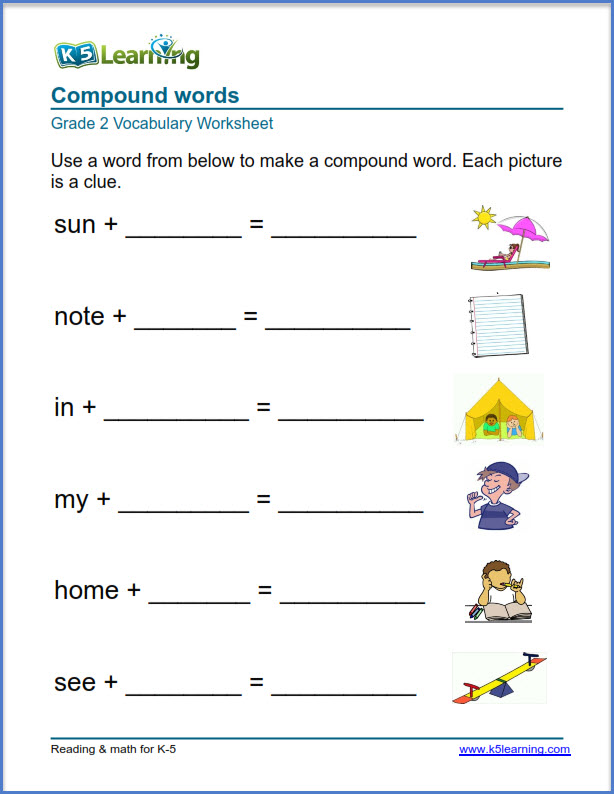 (Three marks for lesson. Pupils talk about birds and pictures with their image is attached to the board: wagtail, flycatcher, kingfisher)
(Three marks for lesson. Pupils talk about birds and pictures with their image is attached to the board: wagtail, flycatcher, kingfisher)
- Guys, why do you guys think prepared a story about these birds? nine0003
Teacher. The names of these birds are difficult word.
Building a house: wagtail , flycatcher .
Work in a notebook:
- Guys, let's write the name of the birds in notebook: Birds: wagtail, flycatcher, kingfisher.
- Analysis of words by composition.
- Guys, Athanasius wants to introduce you to another one bird. Open your textbooks on page 17, exercise 122.
- We read the text.
- What is the name of the bird?
– Why was she called that? Prove it! (Custom reading)
- Look guys, what this bird looks like.
(Athanasius holds a drawing of redstart in his hands. Two marks for quick, correct work and rule)
Card No.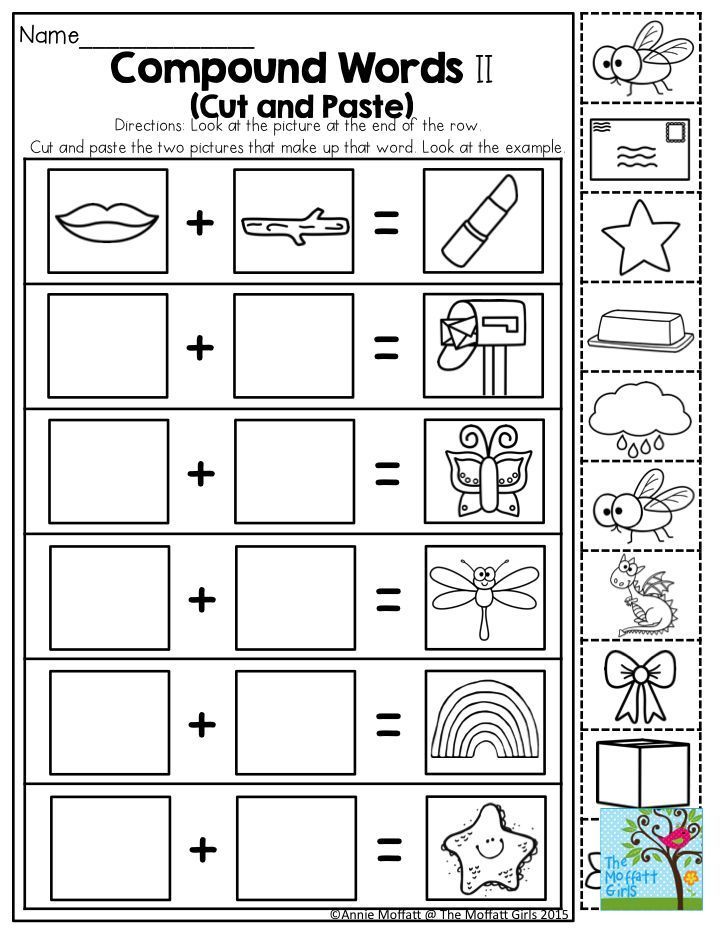
Learn more




